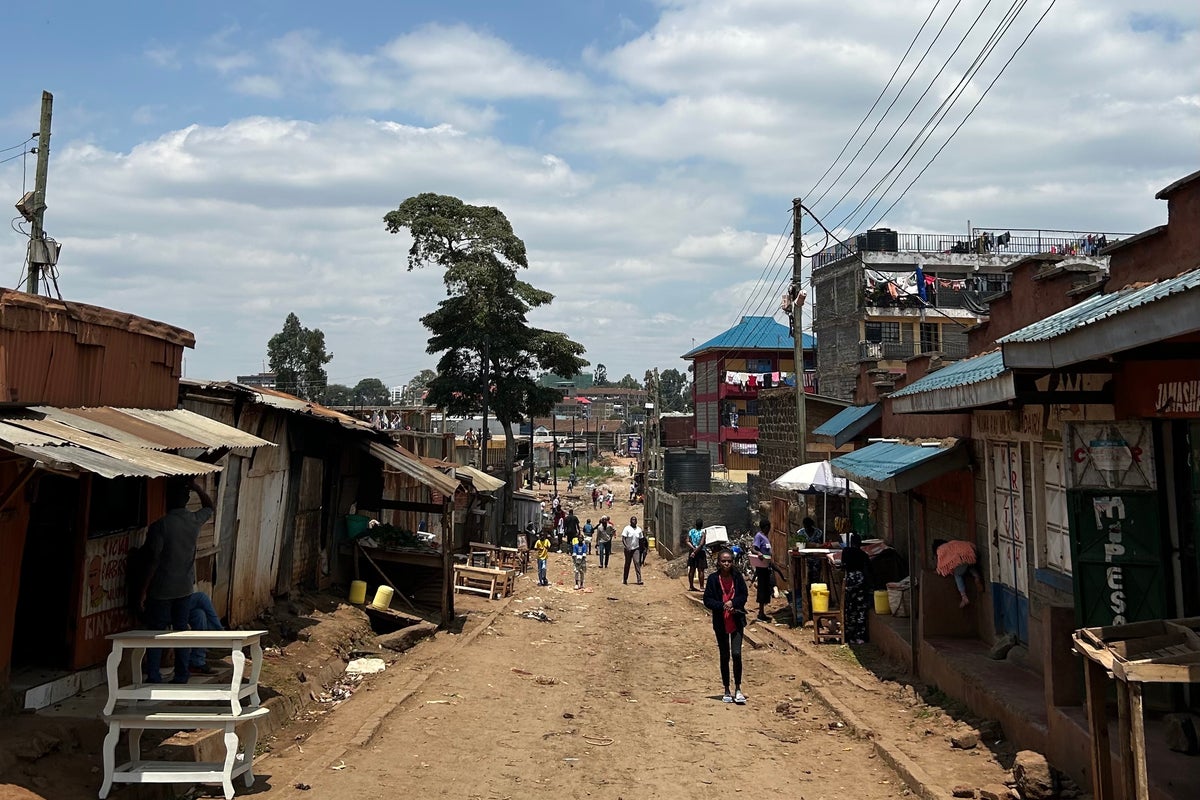Home / Environment / Nairobi's Slum Dwellers Suffer from Climate Crisis and Aid Cuts
Nairobi's Slum Dwellers Suffer from Climate Crisis and Aid Cuts
7 Oct
Summary
- Extreme weather events like droughts and floods devastate Nairobi's informal settlements
- Aid cuts have reduced crucial support for slum residents, leading to increased poverty and crime
- Grassroots organizations try to help, but struggle with limited resources

As of October 2025, the residents of Nairobi's informal settlements are struggling to survive in the face of a perfect storm of challenges. The climate crisis has brought more frequent and intense droughts and floods, devastating these communities. Droughts have driven up food prices, while floods have destroyed homes and infrastructure, leading to outbreaks of waterborne diseases.
Adding to the woes of these slum-dwellers, recent cuts to foreign aid programs have severely reduced the limited support available. Organizations that previously provided jobs, school funding, and HIV/AIDS services have been forced to scale back or shut down entirely. This has pushed many into deeper poverty, unemployment, and crime.
Despite the grim situation, some grassroots groups are trying to help. The Association of Women in Agriculture Kenya (AWAK) has introduced small-scale economic activities like urban farming and briquette production, providing residents with much-needed income. However, AWAK's own funding has been slashed, limiting its ability to expand these vital initiatives.
With the Kenyan government's response deemed inadequate by experts, the future looks bleak for Nairobi's informal settlement residents. As they continue to grapple with the compounding crises of climate change and aid cuts, their struggle for survival only grows more desperate.



